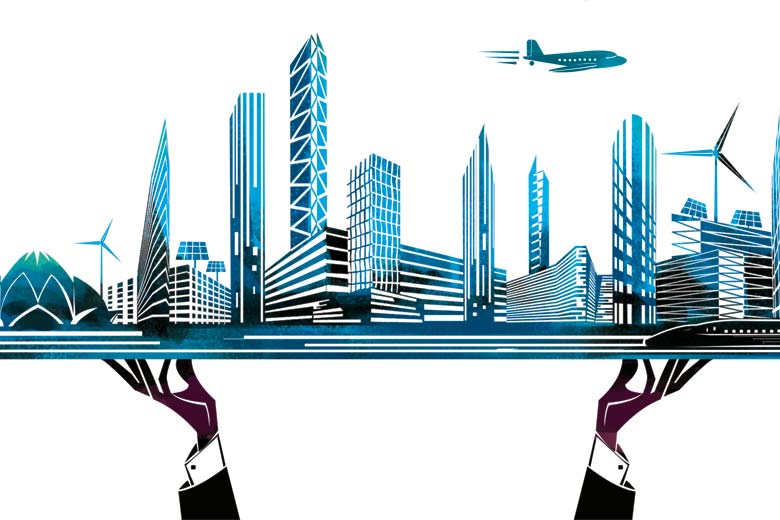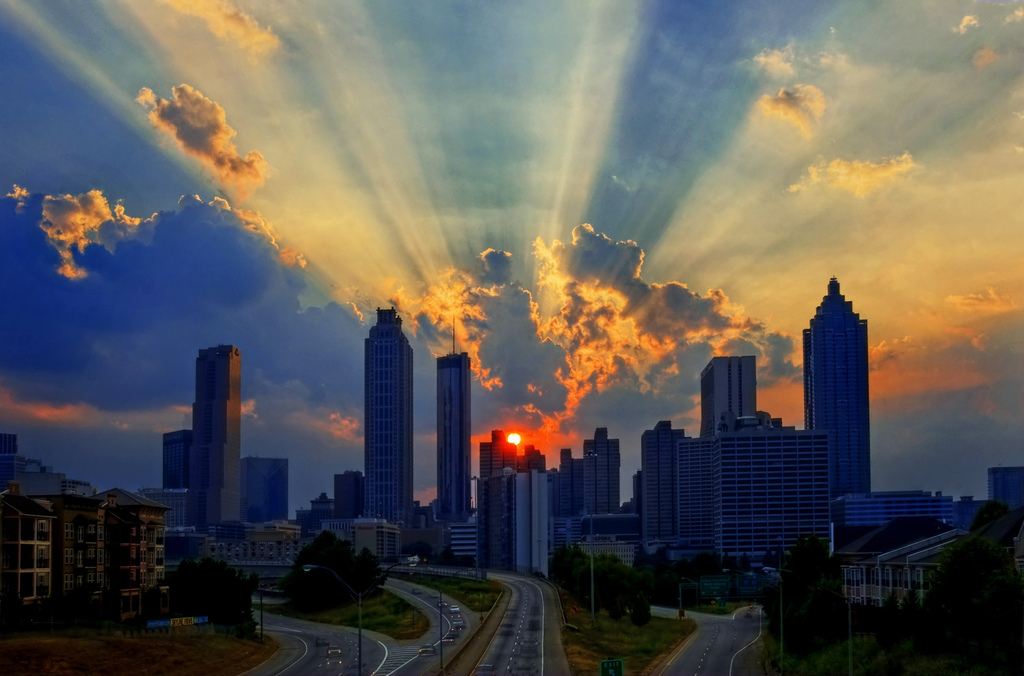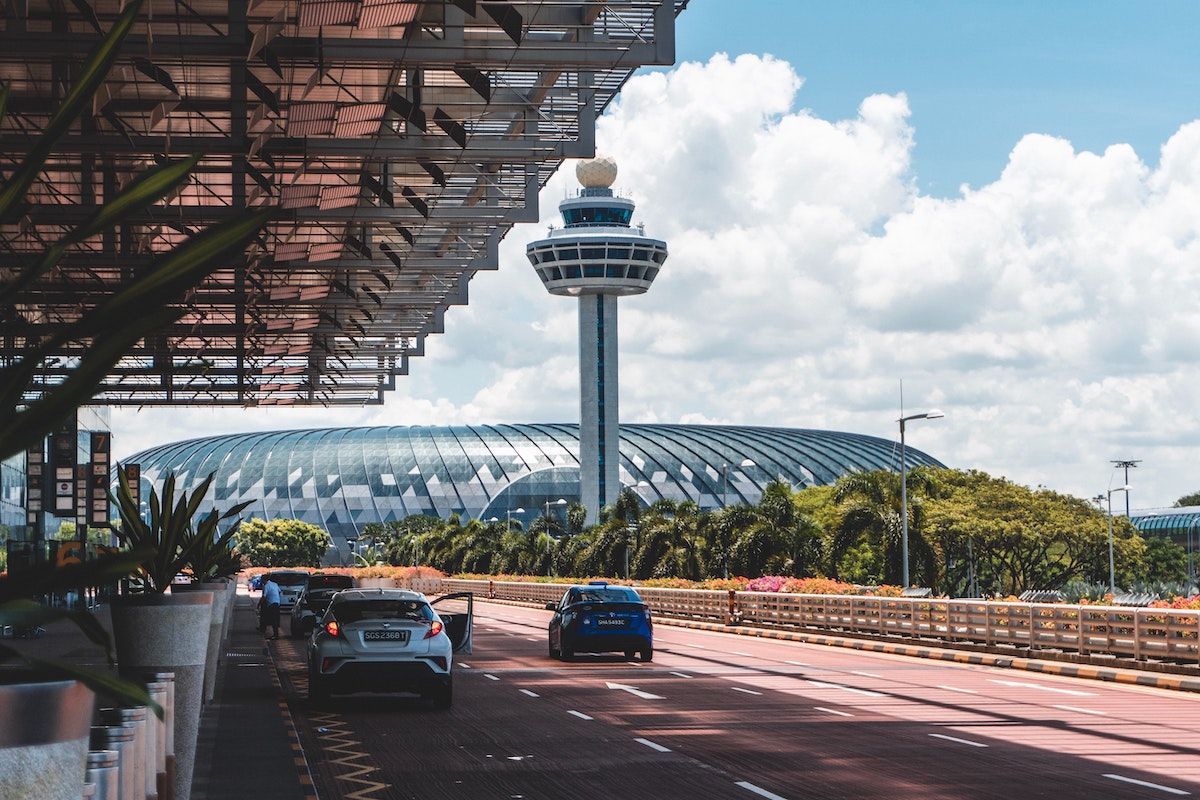The government last month revealed names of the first 20 smart cities that will get Rs 50,802 crore over five years to become ‘Smart Cities’. The cities will be given funds to solve problems from power cuts to poor sanitation to traffic.

The government last month revealed names of the first 20 smart cities that will get Rs 50,802 crore over five years to become ‘Smart Cities’. The cities will be given funds to solve problems from power cuts to poor sanitation to traffic.
Prime Minister Narendra Modi announced his vision to set up 100 smart cities across India soon after his government came into power in 2014.
Among the cities chosen, Bhubaneswar topped the list, followed by Pune, Jaipur, Surat, Kochi, Ahmedabad, Jabalpur, Visakhapatnam, Solapur, Davangere, Indore, the New Delhi area, Coimbatore, Kakinada, Belgaum, Udaipur, Guwahati, Chennai, Ludhiana and Bhopal.
The names were picked from a list of 97 cities submitted by states during a competition last year. The choices were judged on service levels, infrastructure and track record.
From our partners:
“India’s Smart City Mission marks the country’s next phase of urbanisation, and will contribute to the growth of the nation in a big way. The Smart City Proposals and Vision of the top 20 cities clearly focus on what citizens want, and the various issues prevailing in most of the cities, ” said, A Shankar, national director – JLL India strategic consulting & head – urban solutions.
JLL has listed out 10 things that citizens expect from these Smart Cities. The following deliverables are part of most of the Smart City proposals:
1. BETTER PUBLIC TRANSPORT: All selected Smart Cities have undertaken to develop or strengthen their public transportation networks to encourage their increased use and thereby reduce the use of private vehicles. The Smart Cities propose to provide easy access to public transport and enhance mobility by use of ICT (Information & Communications Technology) solutions. Public transport will aid faster, easier and cheaper commuting, and the modal shift from private to public transport will be instrumental in significantly mitigating inner city congestion.
2. PEDESTRIANS FIRST: Citizens will enjoy wide footpaths with public seating at regular intervals and easy mobility for the differently-abled. Car-free Sundays will make streets available for citizens to interact and engage in street activities.
3. PARKING SPACE: This is one of the integral part of smart city proposals. Cities which have identified this as a prime winning proposition in the Smart City contest are Bhubaneshwar, Davanagere, Indore, Udaipur, Guwahati and Chennai. It will help citizens find parking with ease and even pre-book their parking slot along with online payment modes.
4. REDUCED TRAFFIC CONGESTION: Intelligent Traffic Management Systems to manage city traffic via various ICT solutions have been considered by Bhubaneshwar, Surat, Ahmedabad, Davanagere, Indore, Udaipur and Chennai. Citizens will enjoy easier transport modes and routes, and also have smart phone access to estimated travel time to their destination by Passenger Real Time information on arrival of buses, trains and e-rickshaws. Traffic Signalling Prioritization of BRTS buses and video surveillance will further ensure safety and prevent traffic violations.
5. SAFER LIVING: Safety of residents is another aspect that has been assured in Coimbatore, Kakinada, Udaipur, Guwahati and Chennai. Initiatives such as LED street lighting will boost pedestrians’ safety, as will video surveillance via a Common Control Centre – which will simultaneously help reduce traffic violations and ensure efficient on-street parking management.
6. HASSLE-FREE CIVIC SERVICES: Another big initiative that the identified Smart Cities are targeting is e-governance, meaning a single platform from where citizens can access all and any details and also help them get all services done. Some of the smart solutions such as integrated fare cards, smart unified city governance, ‘one city one website’, GIS (Geographic Information System) mapping and Wi-Fi hotspots have been considered by Bhubaneshwar, Kochi, Ahmedabad, Vishakapatnam, Davanagere, New Delhi Municipal Council (NDMC), Belagavi, Ludhiana and Bhopal.
7. SAFETY AGAINST NATURAL DISASTERS: Natural disasters are, almost by definition, impossible to prevent; however human interventions in terms of precautionary measures can help in minimising losses to life and property to a great extent. The coastal areas are often badly affected by cyclones and flooding, so cities like Chennai and Vishakhapatnam will concentrate on ICT-based disaster management techniques like sensors, weather forecasts, zero flooding zones, storm water management, etc. to make them safer places to live in.
8. NEIGHBOURHOOD SANITATION: Solid waste management through smart solutions for clean roads and a healthy environment is considered as an important factor by cities of Jaipur, Jabalpur, Indore and Kakinada. Recycling of waste will produce renewable energy, ensure safe disposal of solid waste, prevent soil and environmental pollution and reduce depletion of resources.
9. ACCESS TO BASIC INFRASTRUCTURE: Smart Cities aim to maintain basic infrastructure with the best quality and 100 per cent efficiency. Electricity, sewerage and water supply will be strengthened in the Smart Cities with a smart layer of ICT applications. Citizens in Pune, Kochi, Solapur, NDMC, Kakinada and Belagavi will benefit from ICT-enabled initiatives such as zero loss monitored by Smart Meters, LED street lighting, 24×7 water supply by source augmentation, waste water recycling and sensors to detect sewer system leakages. Pune is focusing on healthcare for low income households and providing training in digital literacy, and Solapur is incentivising conservation of water. Chennai aims to create water sources using desalination plants and recycling water to use for various purposes.
10. CITY BEAUTIFICATION: All identified Smart Cities are focusing on developing more ‘lung spaces’ within the city. Smart components like cycling, street furniture, jogging tracks, designated spaces hawkers, etc. will enhance the aesthetics of the city. Green spaces will get a new dimension with new soft and hard landscapes equipped with Wi-Fi hotspots, providing ideal areas for citizens to relax, exercise and interact. All this also plays a major role in creating a healthy and a sustained environment.
This feature originally appeared in Financial Express.
















